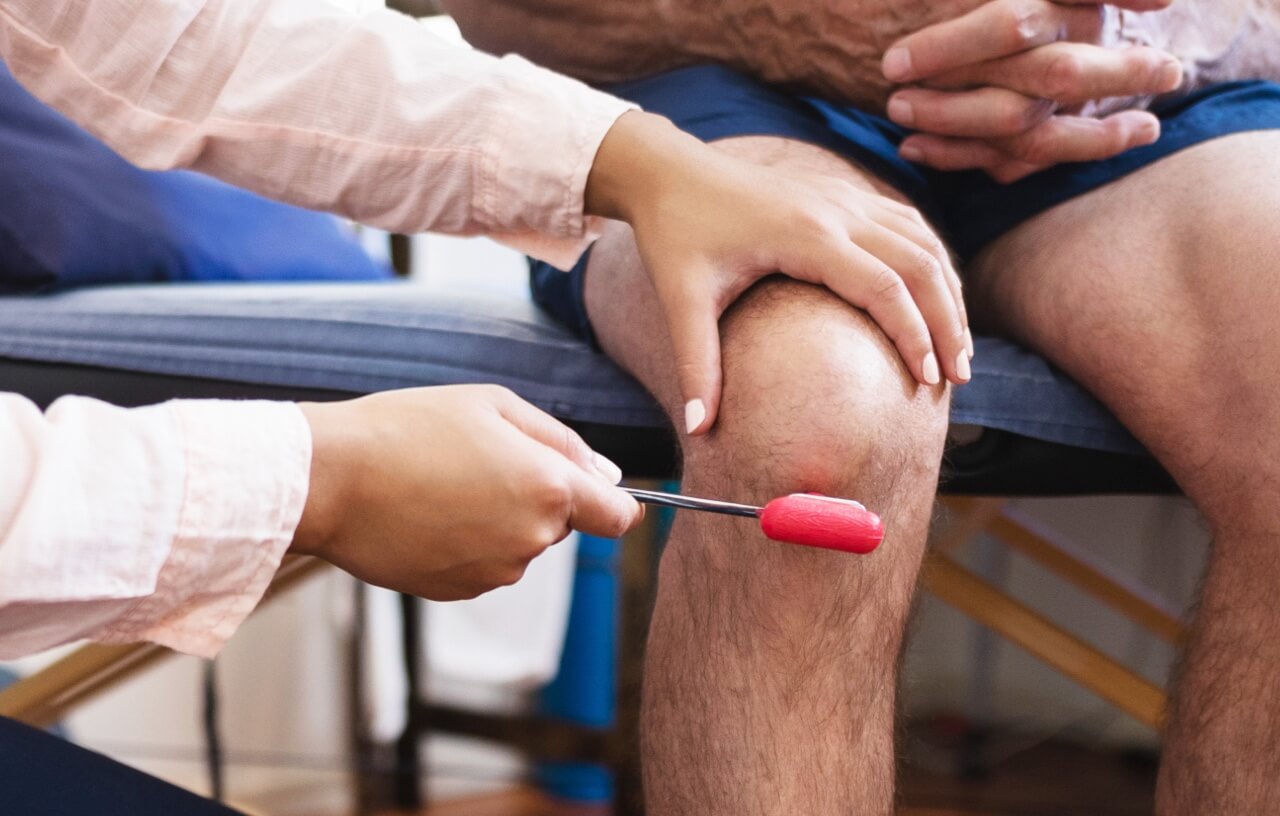A CIDP healthcare team often includes a neurologist and other healthcare professionals. Learn about other experts who may help you on your journey with CIDP.
Building a care team to help manage CIDP (chronic inflammatory demyelinating polyneuropathy) can be an overwhelming task. This article may help you better understand and start thinking about healthcare professionals to add to your care team. The important thing to remember is that management of CIDP should be personalized to your circumstances, as there is no one-size-fits-all approach.
The search for CIDP care team members may take time, but there are resources to help along the way, like the GBS|CIDP Foundation International. From neurologists to physical therapists to infusion nurses, there are plenty of specialists you may see on your treatment journey; however, it’s important to consider your specific needs as you assemble your care team.
Communicating your needs to your care team
Self-advocacy plays a significant role in developing your care team. Being able to effectively communicate your specific needs may help your team to work with you, and each other, more constructively. Keeping a log of your symptoms in a journal can be a helpful way to communicate how you’re feeling to your care team.
To best advocate for yourself, it’s important to know what CIDP is and what it’s not.
Dr. Kelly G. Gwathmey, a neuromuscular specialist, recommends that people who are living with CIDP learn as much as they can from their doctors. “To best advocate for yourself, it’s important to know what CIDP is and what it’s not. Then, have open lines of communication with your provider,” she explained.
She also suggests keeping a journal to write down your symptoms, including the days leading up to treatment and the ones following. This can help get the conversation started with your healthcare provider and help them understand how to move forward with a treatment plan.
A neurologist is the central CIDP care team member
Neurologists are doctors who treat and diagnose conditions in the nervous system, so they are often the first and primary care team members to manage CIDP. Your neurologist will be your main point of care, and they will assess your symptoms and monitor your treatment progress or response.
If you’re not quite sure what you’re looking for in a neurologist or whether the one you’ve found is the right fit, think about factors like: proximity to your home (long commutes to the doctor may be challenging or tiring), experience in treating CIDP, shared decision-making, how responsive they are, and their communication style during appointments (so you feel heard).
Additional experts to consider for your care team
Having a meaningful rapport with your neurologist can help in building a CIDP care team. As your neurologist develops a better understanding of your specific needs, they may be able to recommend other healthcare professionals who can help you manage CIDP.
Below are some healthcare professionals with different specialties, whose expertise may help you manage CIDP.
If, after being diagnosed with CIDP, you are struggling with your emotions but haven’t found a therapist (or aren’t feeling ready for one), support groups, like GBS|CIDP Foundation International, can also be a useful place to turn. Another potential benefit of joining a support group is the recommendations you could get from others.
Working together as a team
Rounding out a CIDP care team with any of the above specialties may help you manage CIDP better. A great way to start is by looking for recommendations from your neurologist. Dr. Gwathmey says, “For CIDP, the treatment approach is not one-size-fits-all,” so it’s important to ask questions to gain a deeper understanding.
In addition to the healthcare providers mentioned in this article, there are other experts and supporters that may be helpful in a CIDP care team throughout different points in your journey. Since a CIDP care team may involve several different members, consider downloading the contact card below to house all their information in one place.









